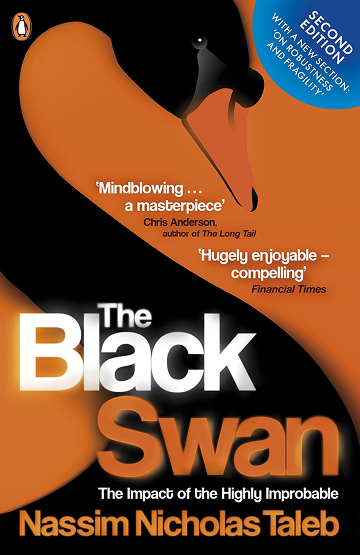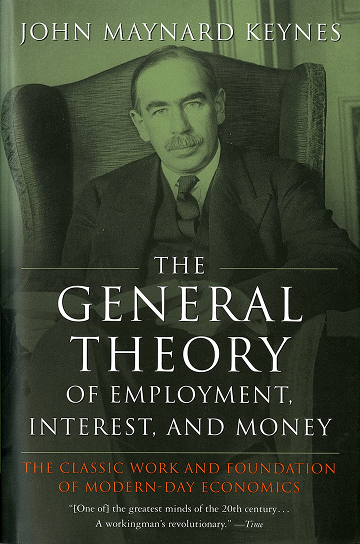Roman Abramovich Net Worth, Biography and Key Insights



Roman Abramovich’s Profile Summary
|
Company
|
Chelsea Football Club |
|---|---|
|
Position
|
Former Owner |
|
Source of wealth
|
Investments in oil, steel, and nickel industries |
|
Also known as
|
Roman Arkadyevich Abramovich |
|
Age
|
58 |
|
Education
|
Attended Gubkin Institute of Oil and Gas; Moscow State Law Academy (did not complete degrees) |
|
Citizenship
|
Russia, Israel, Portugal |
|
Residence
|
Moscow, Russia; Tel Aviv, Israel |
|
Family
|
Divorced; seven children |
|
Website, Social Media
|
No data |
Roman Abramovich’s biography
Roman Arkadyevich Abramovich, born on October 24, 1966, in Saratov, Russia, is a Russian-Israeli businessman and politician. Orphaned at a young age, he was raised by relatives in Komi, northern Russia. Abramovich briefly attended the Gubkin Institute of Oil and Gas in Moscow and later the Moscow State Law Academy, though he did not complete a degree. He began his entrepreneurial journey in the late 1980s, initially engaging in small-scale ventures such as producing plastic toys and trading commodities. In the early 1990s, he entered the oil industry, co-founding the oil company Sibneft in 1995, which became one of Russia's largest oil producers. Abramovich's political career includes serving as the Governor of Chukotka Autonomous Okrug from 2000 to 2008, during which he invested significantly in the region's development. In 2003, he acquired Chelsea Football Club, transforming it into a powerhouse in English and European football through substantial investments in players and infrastructure. Under his ownership, Chelsea secured numerous titles, including multiple Premier League and UEFA Champions League trophies. In 2022, amid geopolitical tensions and sanctions, Abramovich announced the sale of Chelsea FC, concluding his nearly two-decade-long association with the club. As of January 2025, his net worth is estimated at $9.7 billion, with his wealth primarily derived from investments in steel, nickel, and other industries.-
How did Roman Abramovich make money?
Roman Abramovich's ascent to billionaire status is rooted in the tumultuous economic landscape of post-Soviet Russia. In the late 1980s, he initiated his entrepreneurial ventures by producing plastic toys and trading commodities, capitalizing on the nascent market economy. The pivotal moment in his financial trajectory came in 1995 when he co-founded Sibneft, an oil company formed through the controversial loans-for-shares program. Acquiring state-owned assets at significantly undervalued prices, Abramovich and his partners rapidly expanded Sibneft into one of Russia's leading oil producers. In 2005, he sold a 73% stake in Sibneft to Gazprom for approximately $13 billion, marking one of the largest cash transactions in Russian history.
Beyond oil, Abramovich diversified his portfolio by investing in steel and nickel industries. He became the largest shareholder of Evraz, Russia's fourth-biggest steelmaker, and acquired a stake in Norilsk Nickel, the world's largest producer of refined nickel.
In 2003, Abramovich gained international prominence by purchasing Chelsea Football Club for a reported £140 million. His substantial investments transformed the club into a dominant force in European football, enhancing both its brand value and his global profile. In 2022, facing geopolitical pressures and sanctions, he sold Chelsea FC, further impacting his financial landscape.
As of January 2025, Abramovich's net worth is estimated at $9.7 billion, reflecting his strategic acquisitions and timely divestments across various industries. -
What is Roman Abramovich net worth?
As of 2025, Roman Abramovich’s net worth is estimated to be $9.2 B.
What is Roman Abramovich also known as?
Roman Abramovich is a Russian-Israeli businessman renowned for his ownership of Chelsea Football Club from 2003 to 2022 and significant investments in the oil, steel, and nickel industries.Prominent achievements of Roman Abramovich
Roman Abramovich transformed Chelsea Football Club into a leading force in European football, securing multiple Premier League and UEFA Champions League titles. He also played a significant role in the development of Russia's oil industry through his ownership and eventual sale of Sibneft.What are Roman Abramovich’s key insights?
Roman Abramovich is known for his strategic investments in undervalued assets, transforming them into profitable ventures through substantial capital infusion and management overhaul. His approach emphasizes opportunistic acquisitions, diversification, and maintaining a low public profile despite high-profile assets.
Roman Abramovich’s personal life
Roman Abramovich has been married and divorced three times. He has seven children from these marriages, including Arkadiy and Sofia, who have occasionally appeared in public and media. Despite his high-profile status, Abramovich maintains a relatively private family life.
Useful insights
Understanding market forces
In my experience, to truly succeed as an investor, it’s essential to understand the driving forces behind market behavior. Market movements aren’t random—they’re influenced by a range of economic theories and dynamics. The following books provide valuable insights into these forces, offering a deeper understanding of how global financial markets operate and what shapes their trends.
-
Nassim Nicholas Taleb – "The Black Swan"

-
Summary:
Taleb explores the concept of rare, unpredictable events—so-called "Black Swans"—that can have massive impacts on markets and society. These events are often overlooked by traditional risk management models, leading to devastating consequences when they occur. Taleb illustrates how these unpredictable shocks shape our world, often more than gradual, expected changes.
-
Why read it:
This book challenges conventional thinking about risk and uncertainty, showing that many major historical and financial events were "Black Swans." It's a vital read for investors who want to build resilience in the face of market volatility.
-
-
John Maynard Keynes – "The General Theory of Employment, Interest, and Money"

-
Summary:
Keynes revolutionized economics by focusing on total demand within an economy and its effect on output and inflation. His theory suggested that government intervention could stabilize economic cycles through fiscal and monetary policy. The book also explains the consequences of under-consumption and the role of interest rates in managing economic stability.
-
Why read it:
For investors interested in macroeconomic trends and policy impacts, Keynes’ work is essential. Understanding the Keynesian framework can help investors predict how government actions might influence market performance.
-
Other profiles in category
Popular Financial Guides
Latest Financial News

South Africa unveils digital visas to attract film and events

South Africa invests R710 million to expand free Internet access































































































































